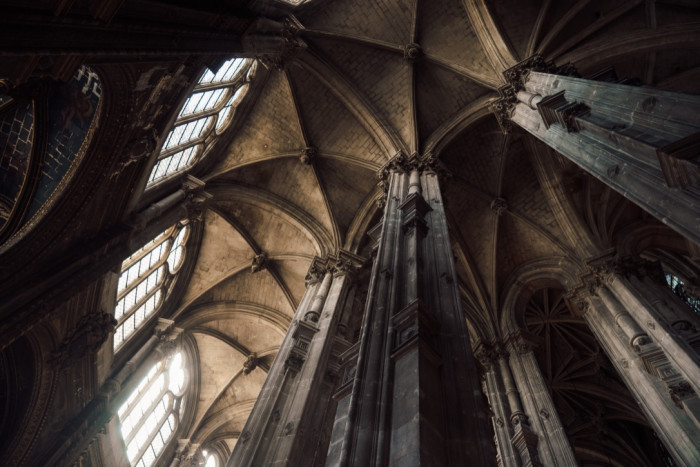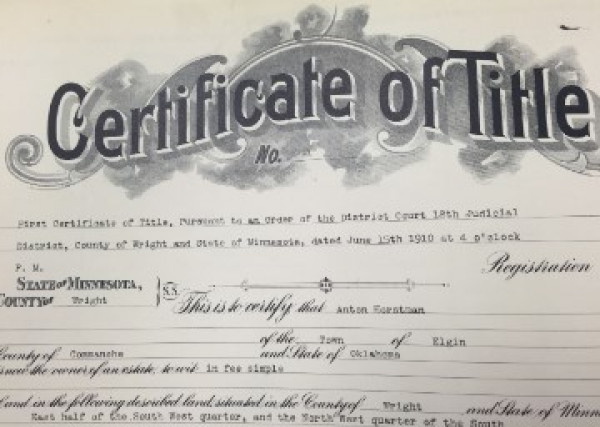Beyond Thrilling Experience of Buying a Historic Property
You might have always fancied living in an 18th-century property with Georgian architecture, or a 19th-century exotic mansion.
May 10, 2024

You might have always fancied living in an 18th-century property with Georgian architecture, or a 19th-century exotic mansion. Beyond the thrilling experience of buying a historic property with rich architectural features and elements, there are many important factors to consider before making the purchase. Discover the pros and cons of purchasing a historic gem to ensure its the right decision for you!
Return on Investment
If you are an owner of a historic home in a historic district, chances are that you will obtain a net profit when selling it. The return on investment for historical properties is generally higher than their modern counterparts even though the amount of potential buyers is lower. The main deterrent for buying historical properties is expensive ongoing maintenance. If you are interested in buying a historic property, make sure to budget enough funds to cover the initial purchase price, renovation costs, and unexpected repairs.
Legal Issues
In many U.S. states, taxes imposed on historic homes and mansions are higher. However, if an owner can give up certain ownership rights to a government agency or qualified preservation organization, a conservation easement might be allowed.
The national register should confirm if the property qualifies to be on the list of historic properties. Depending on if the home is registered as a historic property, you may need to fill out some historic property application forms and have them reviewed by the board members.
Renovation and Repair
Historic home maintenance, repairs, and building code updates can be more costly than modern properties. As a result of the home’s unique features, it may also be challenging to find replacement parts authentic to its time period. When registered as a historic property, authorities frequently monitor the property condition to ensure it is not poorly maintained.
When it comes to abandoned historic homes, extensive renovations and repairs should be expected. It can take years to complete a renovation project, and the right experts need to be involved to ensure everything runs smoothly. To avoid unwanted surprises like mold, asbestos, and insect infestation trouble, make sure to have the home formally inspected prior to purchasing it to ensure its the right home for you.
Buying a historical home is not a cakewalk, but it can be incredibly rewarding to bring history back to life. Historical homes can bring immense pride when you observe their ornate details, rich history, and character. When you own a historic property, you own a piece of history.

How Renovating Historic Properties Benefits You
Historical properties are society’s tangible assets, which hold significant cultural and economic benefits that need to be preserved for future generations.

Your Step by Step Guide for Investing in an Abandoned Property
Have you ever wanted to buy an abandoned castle, villa, commercial building, or entire town but don’t know the first thing about buying an abandoned property?

What's the different between a deed and title?
Unlocking Real Estate Jargon: Difference Between a Title and a Deed. In the complex world of property ownership, do you know the distinction between these two crucial terms?

The Flight Begins at Home: Flying through Amelia Earhart’s Abodes
Join us on a captivating journey through the various homes of the pioneering aviator, Amelia Earhart. From her humble beginnings in Atchison, Kansas, to the sunny neighborhood of Toluca Lake, California, discover the places where Amelia lived, loved, and soared to new heights.